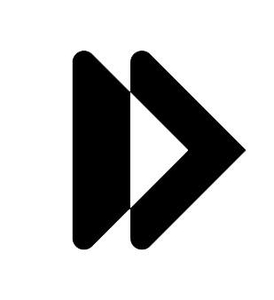Hi everyone
There seems to be a number of forums in relation to the Jobkeeper Payment. Rather than having multiple threads, ask me questions in relation to the JobKeeper Payment and I will try my best to answer otherwise hopefully somebody else can as well.
Background: I am an accountant with years of experience

Thanks :)